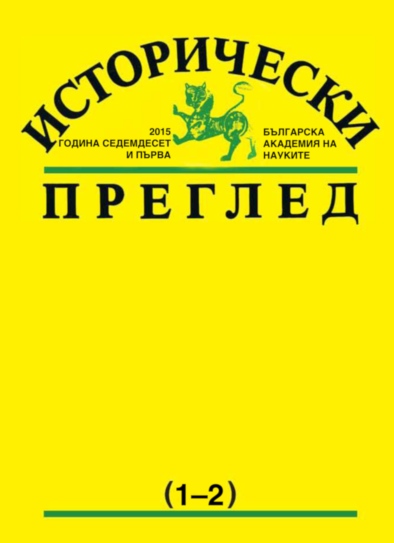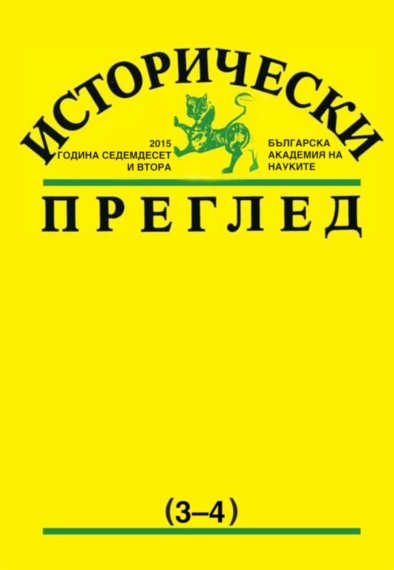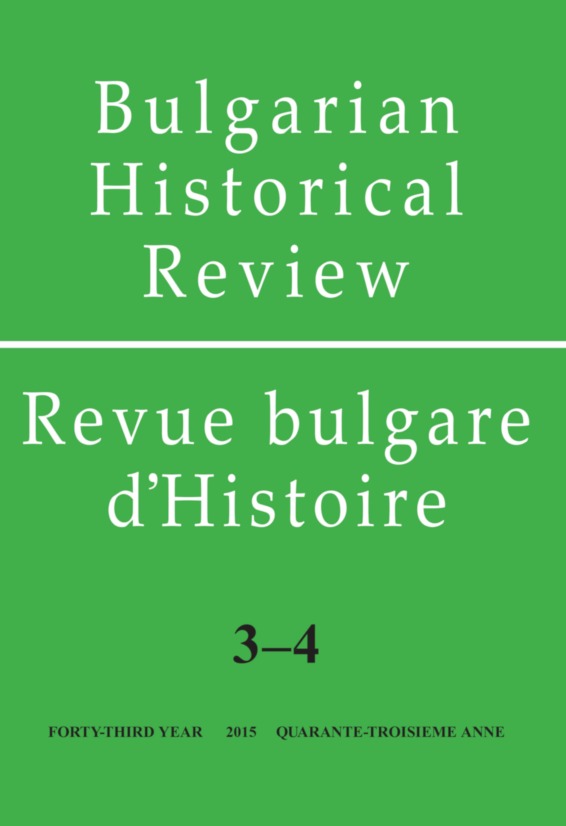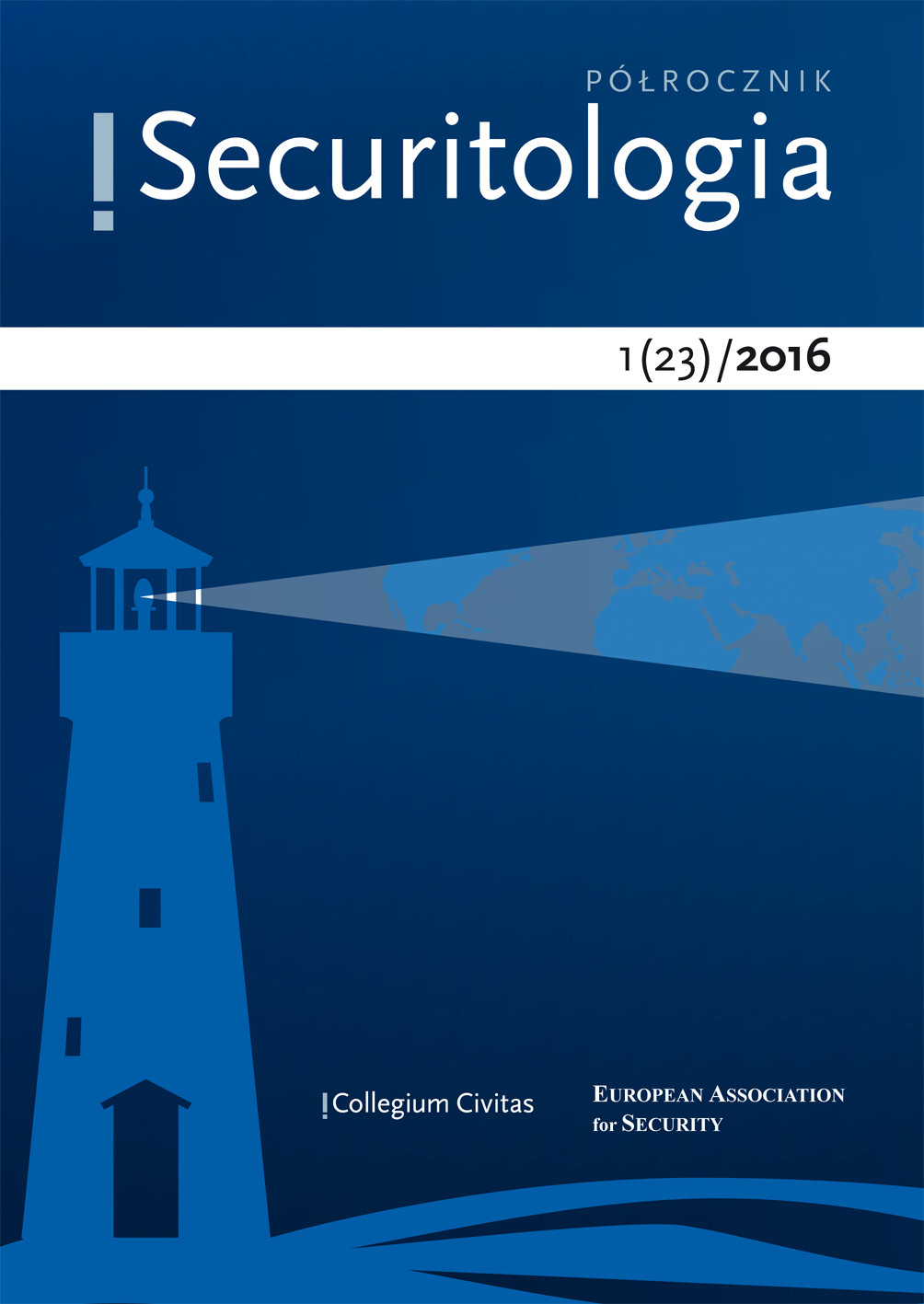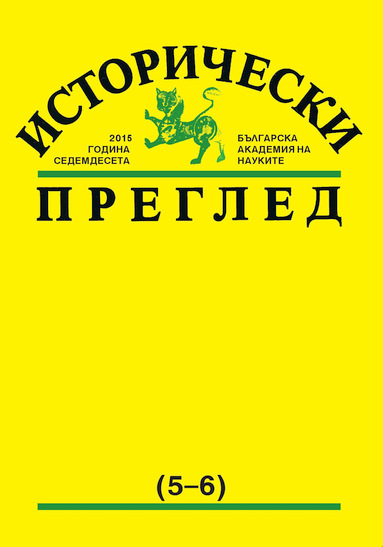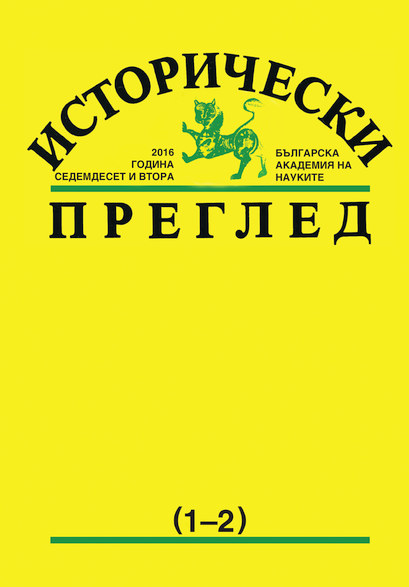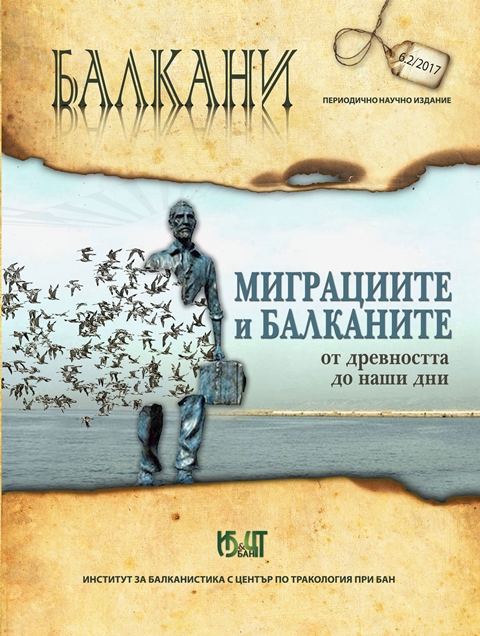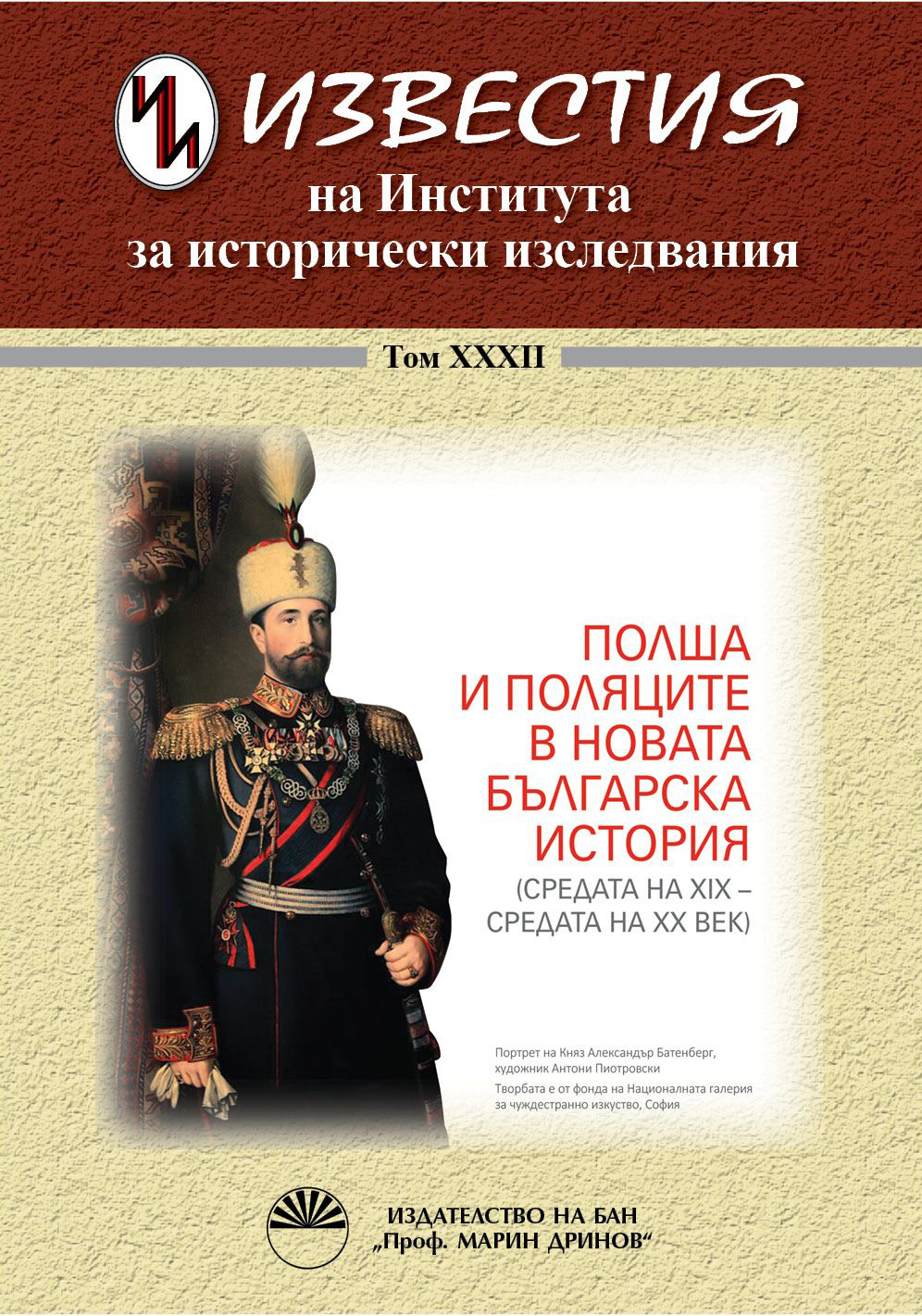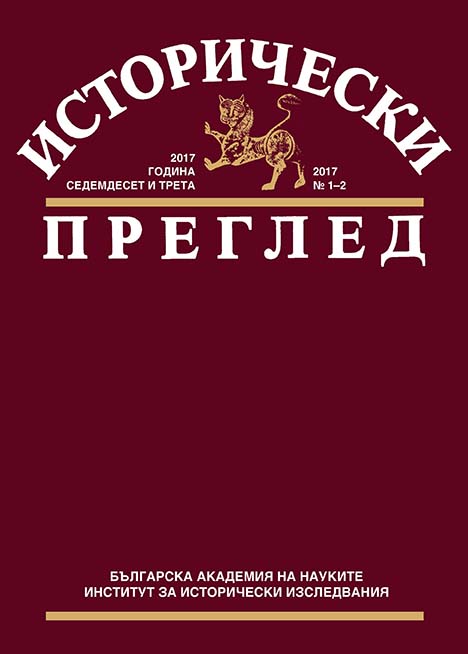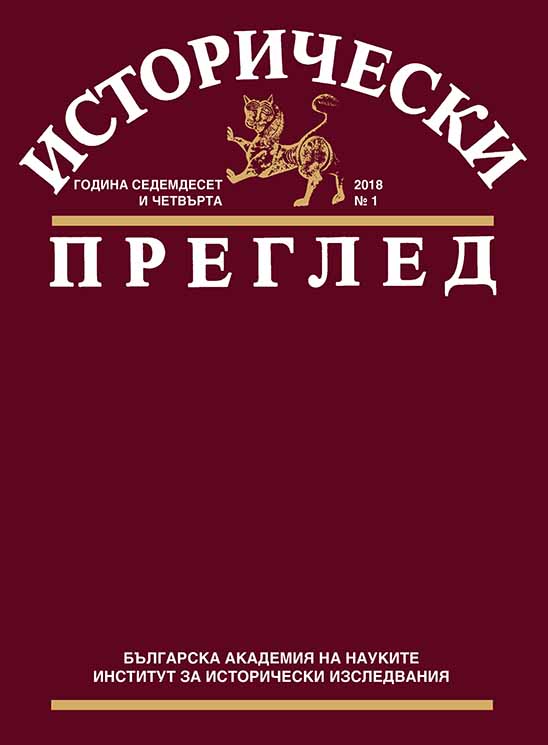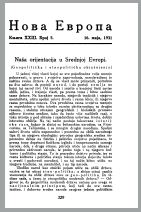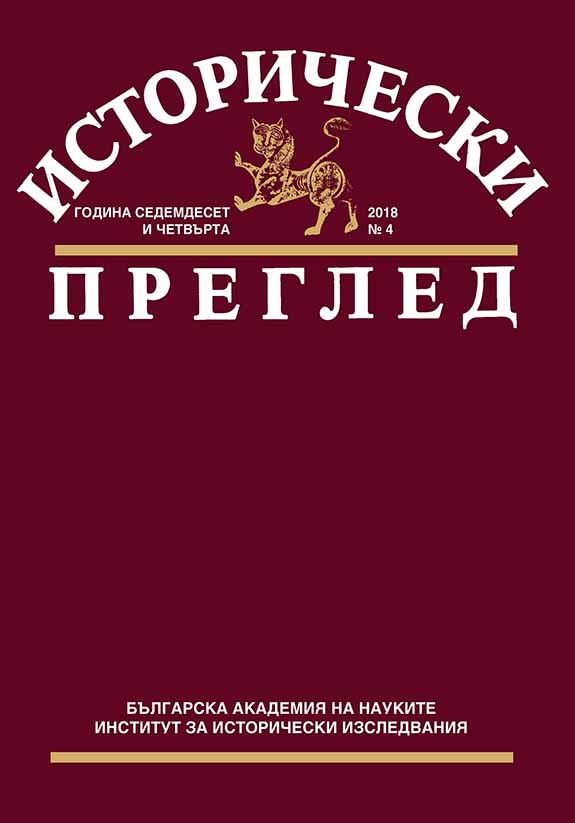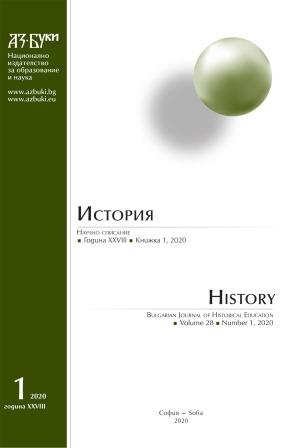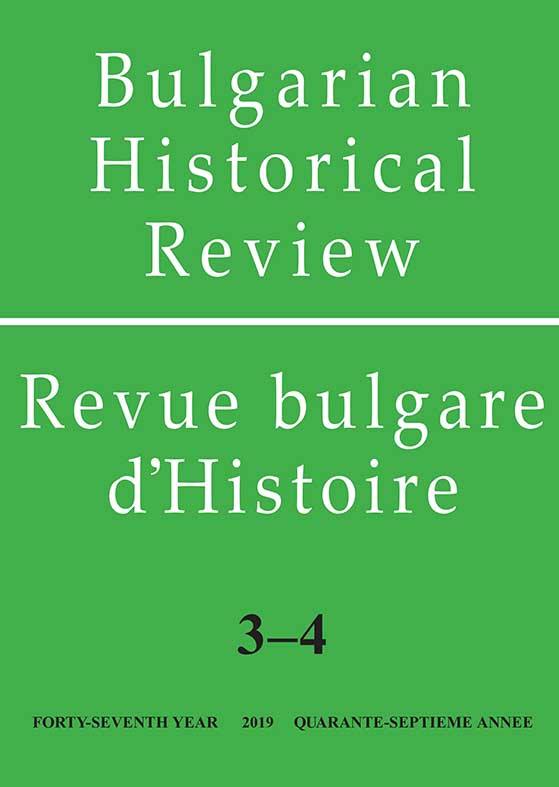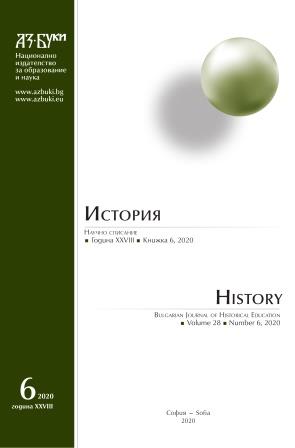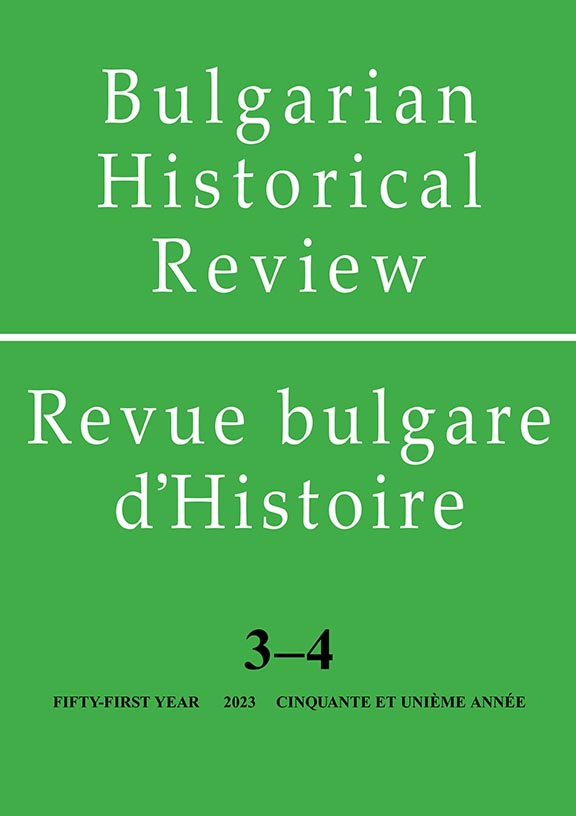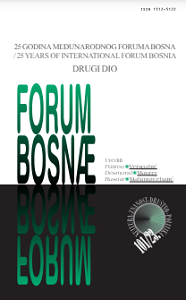İngiltere’nin Arap İsyanı Tertibi (1914-1918): İsyanın Cumhuriyet Dönemi Hükümet Programlarındaki Dış Politika Yansımaları
Arabian peninsula was brought under Ottoman rule after the conquest of Egypt by Sultan Selim the Grim in 1517. From this date onward it was ruled by Ottomans about 400 years. The only exception of Ottoman rule, were Egypt’s invasion by French under Napoleon Bonaparte (1798-1801) and later annexation by Britain in 1882. Ottoman existence in Arabian peninsula ended due to the revolts during the first years of World War First. Arab revolts were the last uprising against the Ottomans that they had to face with. The revolts were plotted during the most difficult days of World War First during the Dardanelles Wars, because of which Turkish soldiers confronted considerable losses and damages in Arabia. Therefore after the very foundation of Turkish Republic, World War First experiences, fueled by politicized Arabian nationalism also paved the way to mistrust of Turkish decision makers. Despite a few periodical betterments of the relations between both sides due to hesitant approaches, for a long time it could not be possible to establish mutual confidence building measures in diplomatic relations.
More...
